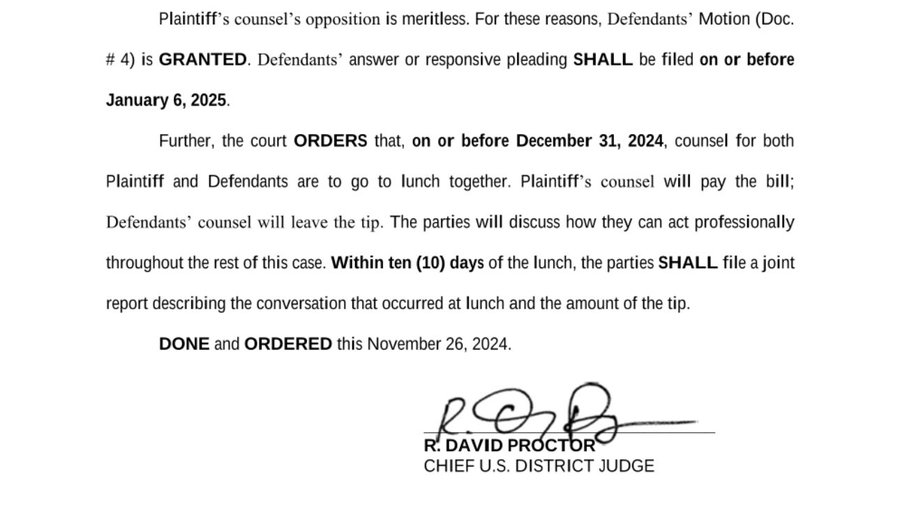The WaPo summarized the oral argument here:
The Supreme Court on Monday appeared divided over whether to uphold the conviction of a government contractor found guilty of defrauding a state transportation program intended to promote diversity, with several conservative justices again expressing concern over how federal prosecutors combat white-collar fraud.
Chief Justice John G. Roberts Jr. suggested that such crimes were better handled by state prosecutors. Justice Neil M. Gorsuch worried that the federal government’s approach was so broad it could allow, hypothetically, for the prosecution of a babysitter for misleading an employer about how she planned to spend her wages. The court’s eventual ruling in the contracting case could affect how federal prosecutors pursue other fraud cases.
Justice Ketanji Brown Jackson asked, “Why isn’t this a classic scheme to obtain property under false pretenses?”
Attorney Jeffrey Fisher told the justices that “if there’s no harm that occurs in those transactions, there is no fraud.” ...
The Supreme Court has repeatedly expressed skepticism of federal prosecutions for too broadly applying criminal statutes to combat public corruption and other white-collar crimes.
Last year, the court unanimously overturned the fraud conviction of business executive Louis Ciminelli and others who relied on inside information to win a $750 million development contract as part of former New York governor Andrew M. Cuomo (D)’s Buffalo Billion revitalization project.
In 2020, a unanimous court overturned the convictions of two allies of former New Jersey governor Chris Christie (R) who plotted to cause traffic snarls in a town leading to the George Washington Bridge to punish one of the governor’s rivals.
The conservatives said to leave these types of fraud prosecutions to the states and got into with the government over whether they could charge a babysitter:
Roberts echoed those concerns when he said “a lot of these things could be dealt with under state law, and you don’t have to federalize every jot and tittle in a large contract? And that it’s a matter of concern that we’ve expressed in many precedents.” ...
During the discussion of the babysitter hypothetical on Monday, Gorsuch and Justice Brett M. Kavanaugh got the government’s lawyer to concede that under its theory, a babysitter could be prosecuted for fraud if she knew she got the job after telling the family she would use the money for college tuition, but instead blew it all on a trip to Cancún.
While Feigin acknowledged the hypothetical babysitter could be charged, he added, “I think the sentencing guidelines would be pretty low.”
“That’s comforting,” Gorsuch quipped.
In response, Sotomayor tried to help the government’s lawyer distinguish between the case of the babysitter and the misrepresentation at issue on Monday as part of a multimillion-dollar contract that specified a particular type of business would perform some of the work.
Sotomayor stressed, “This is not the case of the babysitter.”


